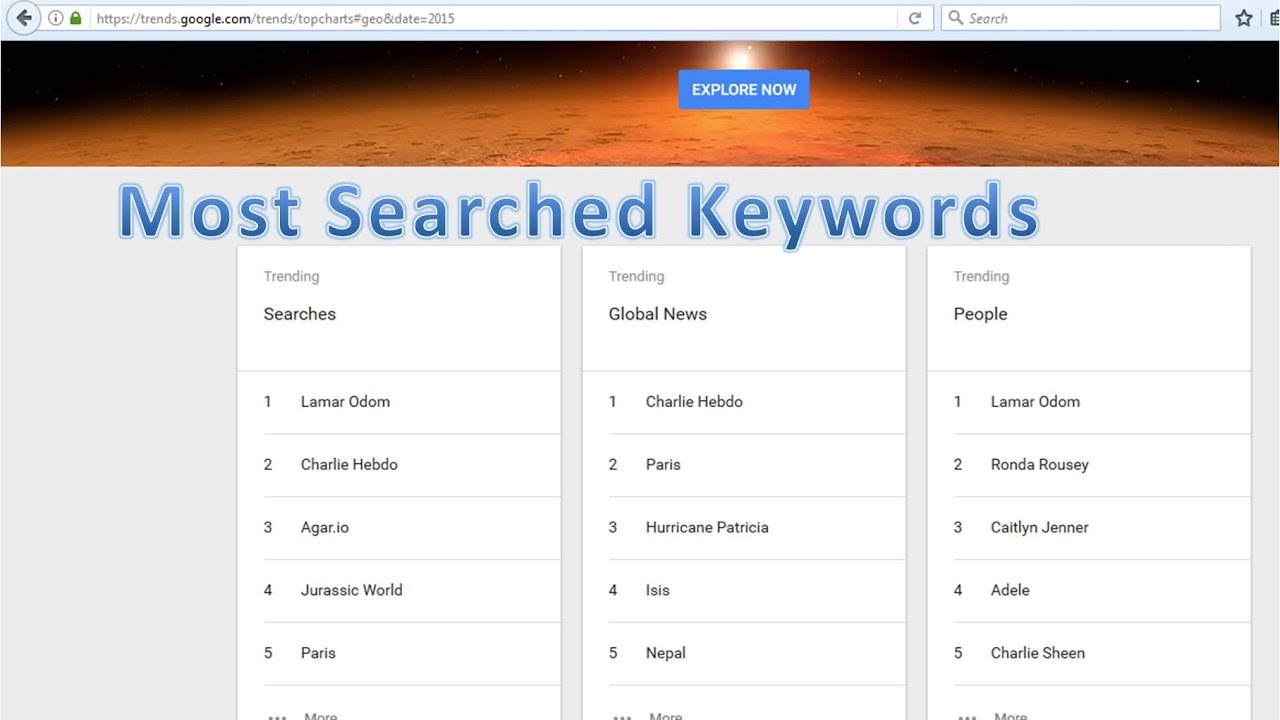Keyword Selection is fundamental to Search Engine marketing. Get the wrong keywords your online business is doomed to fail. Find the right keywords and you will drive masses of targeted traffic to your website via the Search Engines.
There have been discussions in webmasters’ forums why are the search query results of Overture so much different than those of Wordtracker? For example at the time of this writing a search query for the key phrase ‘internet marketing’ yielded 342, 848 searches for the last 60 days by Overture, and 2, 356 by Wordtracker. Now, which is more accurate?
Overture
It is a Pay Per Click Search Engine. According to Overture, its statistics of searches in previous months are compiled from its partners, which include AltaVista, Yahoo, MSN Search, HotBot and All the Web. So the statistics from Overture are broad based because it has a larger network.
Its data, though, has some drawbacks.
1. There’s no distinction between…
a. Singular and plural terms.
You have to figure if surfers are searching for the singular or plural form of the keyword.
b. Upper and lower case.
c. Human queries and automated queries.
Queries by automated bid optimizers, position and ranking monitors, link popularity analyzers are registered as hits.
2. Duplicate Searches
For example a person doing a search for a particular key phrase in Yahoo, and then in MSN would be registered as 2 hits.
Wordtracker
It is a keyword generator and analyzer, and it does not have direct access to the major Search Engines’ databases. Wordtracker gets a lot of its analyzer data from Meta-crawler and Dogpile, which are meta search engines. Metacrawler and Dogpile search the major Search Engines like Google, Yahoo, MSN Search and Ask Jeeves, and retrieve the best results.
The data of Wordtracker, mostly gathered from Metacrawler and Dogpile, represents only a small percentage of total searches on the Internet.
Wordtracker has about 350 million searches over an 8-week rolling cycle (Source: Search Engine Workshops Weblog, June 30, 2005). Now for some Maths. 350 million searches over 56 days would give an average of 6.25 million searches per day. Google with a share of 36 per cent of Internet traffic (Source: comScore qSearch, July 2005), registers about 112 million of searches per day (Source: Top Ten list, Wordtracker). So in comparison to total searches on the Internet, Wordtracker represents only 2 per cent.
When Wordtracker returns zero query for a particular search phrase, it does not mean that no one searches for it on the Internet.
However, with Wordtracker, automated queries are not added to searches, and duplicate searches are eliminated. Singular and plural, upper case and lower case search terms are distinguished except for keywords where singular, plural, lower or upper case, are similar in meanings eg.’keyword’ and ‘keywords’.
Overture or Wordtracker?
For Overture the figures are inflated, whilst for Wordtracker they are under reported. Nonetheless, these are helpful tools for keyword research and selection. Use these figures as guides, and not absolutes to make comparisons in your choice of key words.
For example if keyword phrase 1 has 10,000 searches in Overture, and keyword phrase 2 has 2000 searches, then it is obvious that key phrase 1 would bring in more traffic if your web page is properly optimized. But don’t expect 10,000 visitors with key phrase 1.
I have read on Webmasters’ forums of people who had selected keywords based on the promising number of searches on Overture, optimized their web page, and achieved within the top 10 positions of major Search Engines, yet saw very little traffic.
In my opinion, if you are comparing popularity between keywords or key phrases, Overture will do the job. If you are selecting keywords or keyword phrases to start an online business, or advertising on Pay Per Click engines, conventional wisdom would tell you Wordtracker is a better bet. It is better to set lower expectations based on lower figures, and be pleasantly surprised when things turned out otherwise.

